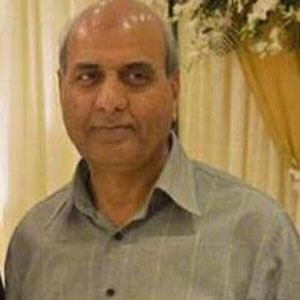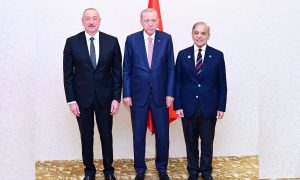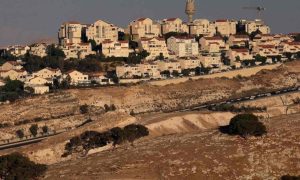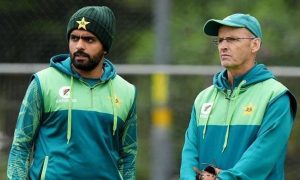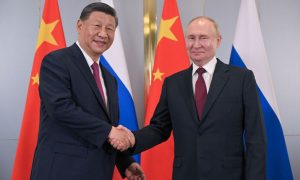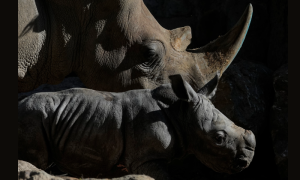Often, the stories emerging from Pakistan and India are dominated by tension and conflict, reflecting the complex and strained relationship between the two neighboring countries. However, a story published by The Times of India offers a refreshing and heartwarming contrast. It recounts the journey of Reena Varma, a 90-year-old Indian woman, who fulfilled her lifelong dream of revisiting her childhood home in Rawalpindi, Pakistan.
This touching tale, which underscores the enduring human connections that transcend political divides, symbolizes hope, unity, and the potential for peace and reconciliation between the two nations. Reena’s journey is not only a personal victory but also a beacon of hope for countless divided families, highlighting the profound impact of people-to-people contacts in fostering understanding and building bridges.
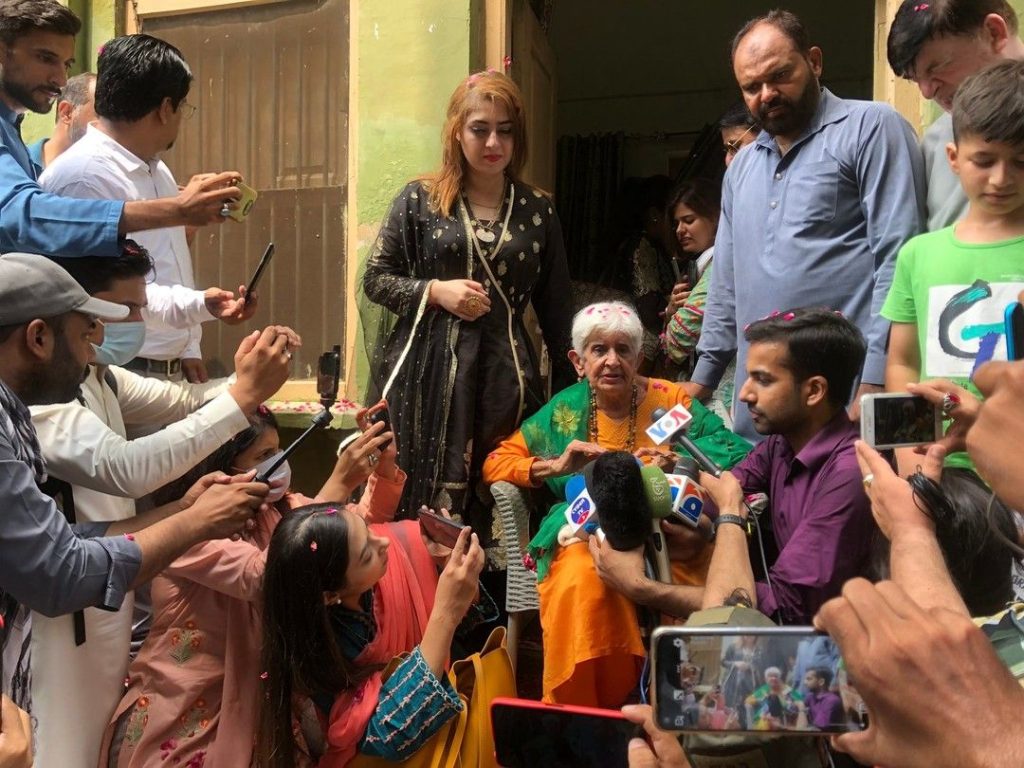
The partition that led to the creation of India and Pakistan was indeed necessary, and the Two-Nation Theory articulated by founding father Quaid-e-Azam Muhammad Ali Jinnah is also validated by the current situation faced by Muslims under the Modi regime in India. This partition, however was not without sacrifices as this resulted in one of the largest and most tragic migrations in human history, especially for the Muslims.
Those living in areas now Pakistan also had to migrate and one of the countless families was that of Reena whose dream finally came true after seventy-five years to see the house, her father built in Rawalpindi. According to the Times of India, the catalyst for this emotional journey was a video in which Reena, now residing in Pune, shared her heartfelt desire to visit her childhood home. The video caught the attention of the then Minister of State for Foreign Affairs, Hina Rabbani Khar, who ensured that a special visa was issued for Reena’s visit. This act of kindness and diplomacy highlights Pakistan’s willingness to bridge the divide created by historical events.
Kartarpur Corridor
Then the reception received by the Indian national in Pakistan was overwhelming and filled with warmth. Our people greeted her with open arms, showering her with flowers and garlands as she stood before her old house, now situated on what is called “Butt Street.” The house, remarkably preserved, stood as a silent witness to her childhood memories, evoking a flood of emotions and nostalgia. Reena described the moment as one of mixed emotions, as memories of her parents, siblings, and the life they once lived together came rushing back.
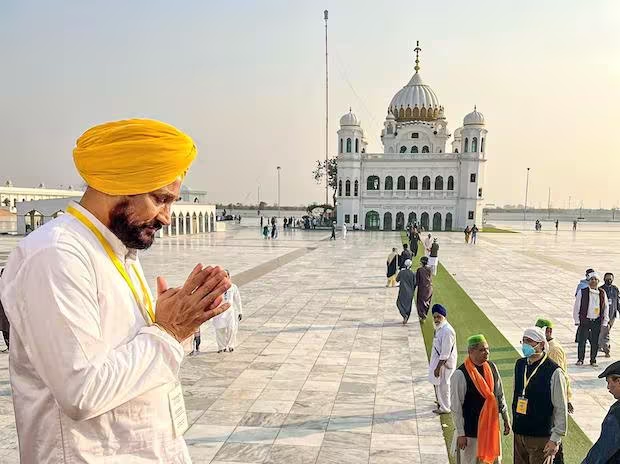
While Reena Varma’s successful visit is a testament to the goodwill and openness of our government, it also underscores a larger issue. Hundreds of thousands of families on both sides who experienced the traumatic events of partition still yearn to visit their ancestral homes.
India Rejects visas of 118 Pakistanis to participate annual Urs Hazrat Amir Khusrau
The ongoing tensions between India and Pakistan often act as a barrier, preventing these emotional reunions. Despite Pakistan’s willingness to facilitate such visits, as evidenced by Reena’s experience and the opening of the Kartarpur Corridor, India’s stance has been less accommodating. This year, for instance, India denied visas to 118 Pakistanis wishing to participate in the annual Urs celebrations of Hazrat Amir Khusrau, allowing only 80 others to attend. This contrast in attitudes highlights the need for a more open and compassionate approach from the other side as well.
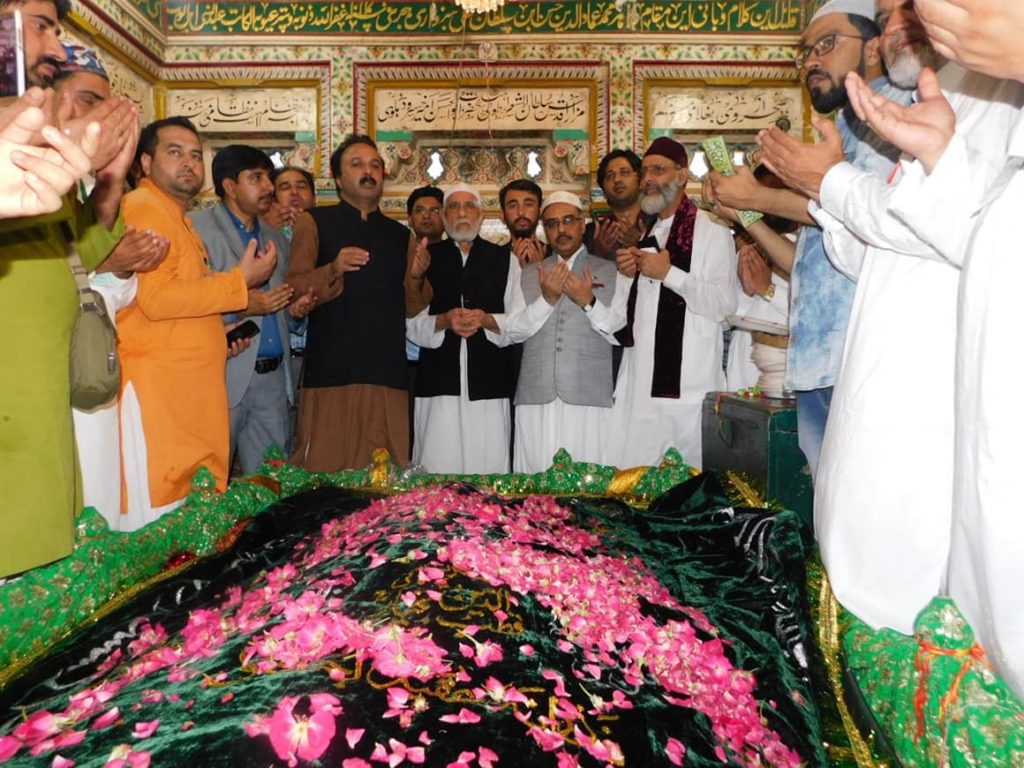
Facilitating visits for divided families can play a crucial role in healing the wounds of the past and paving the way for a more harmonious future. This approach should not be limited to India and Pakistan but can also be extended to Bangladesh, fostering greater regional connectivity and understanding. By encouraging people-to-people contacts, there is a real opportunity to reduce tensions and create an environment conducive to resolving long-standing disputes. It is high time that these nations embrace such initiatives for the greater good.
Reena Varma’s visit to her childhood home in Rawalpindi is more than a personal milestone. It is a call to action for both nations to prioritize peace and reconciliation, fostering an environment where divided families can reunite and heal. This journey, marked by kindness, empathy, and mutual respect, offers a blueprint for building a more harmonious future for the peoples of India and Pakistan.









